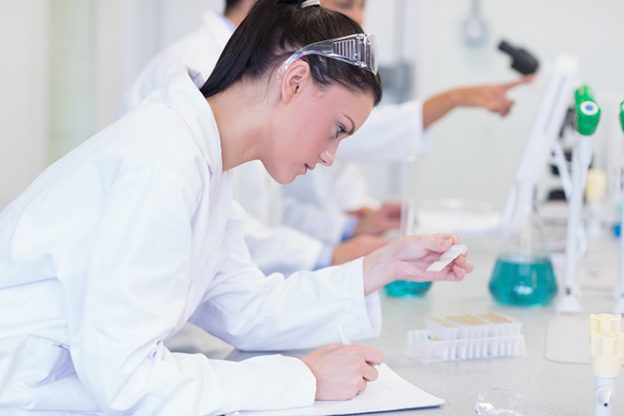NUS researchers develop packaging that could double shelf-life of food products
As the global community becomes more and more aware of the impact that specific foods have on the human body, and as more people all over the world focus on moving away from processed and potentially dangerous food to a much more safe and healthy diet, the food industry itself is looking at innovative solutions that improve their margins while at the same time improving the lives of their customers.
Researchers at the National University of Singapore (NUS) have recently concluded a major three year research project that has established a brand-new food storage and packaging material that may double the shelf life of food products – dramatically improving the margins of companies involved in the food industry, while at the same time removing a lot of potentially dangerous toxins, chemicals, and additives from traditional food packaging solutions.
This is a major leap forward, with businesses and governments all over the world paying very (VERY) close attention to this breakthrough innovation.
Major breakthrough spearheaded by the National University of Singapore may transform the food industry forever
Traditional food packaging solutions are almost always manufactured out of petroleum-based products.
Inexpensive to produce, these traditional solutions may introduce potentially dangerous toxins into the foods that they are responsible for protecting and helping preserve – not to mention the fact that they are an absolute nightmare when it comes to the environment.
A research project conducted by professors and students at the National University of Singapore was designed to specifically address this issue, with the researchers looking for ways to not only dramatically improve the shelf life of the foods that are contained within these packaging solutions but also to limit or completely eliminate potential risk factors introduced to the food along the way.
To say that they have been successful may be the understatement of the century!
Three years of research has paid off significantly
After three years of research, the researchers at NUS have been able to pioneer a new packaging material that is essentially a plastic like film manufactured from grape seed extract.
The material is called Chitosan, and because it is manufactured from completely all-natural ingredients, it has the added benefit of being completely biodegradable and dramatically lessening the impact that petroleum products have on the environment.
On top of that, it is dramatically effective in completely retarding all kinds of fungal growth, one of the biggest impediments to keeping biodegradable and natural foods on shelves longer.
A natural polymer, it has the potential to completely transform the food industry from top to bottom – not only allowing food suppliers to more safely store and transport their products but also helping grocery stores and retailers keep food on the shelves longer without any negative side effects.
This will cut costs and improve the product significantly, benefiting both the retailer and the consumer equally.
Major rollouts of this new food packaging solution are expected imminently
Major rollouts of this new food packaging solution have been anticipated to begin at the end of the year, and if these tests are proven to be as beneficial as many in the industry believe them to be it shouldn’t be all that long until we start to see almost industrywide adaptation.
It’s a very exciting time in the world of food safety and preservation, with the added kicker of dramatically improving our environment and eliminating the stranglehold that petroleum products have on our lives at the exact same time!








